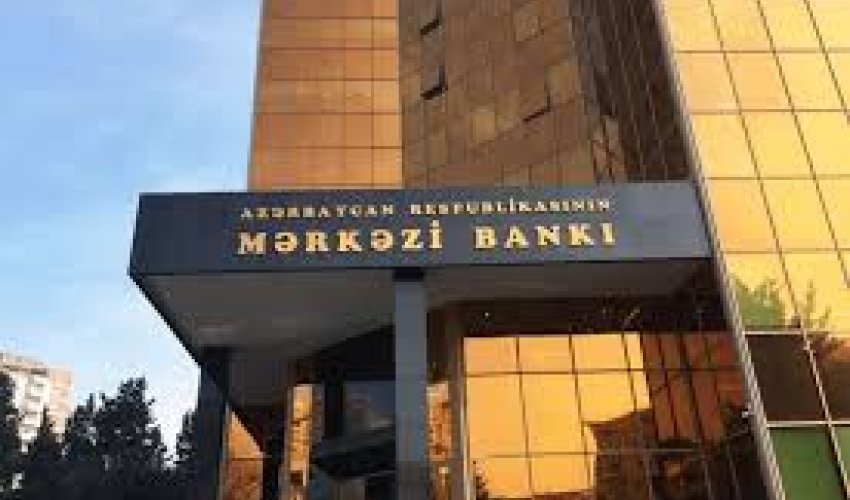IMF: Azerbaijani banks resilient but risks remain

At the end of April, the International Monetary Fund (IMF) conducted a new Financial Sector Assessment Program (FSAP) of Azerbaijan, ten years after the previous FSAP, and advised banks not to view corporate deposits as a panacea for strengthening their financial position.
According to the new FSAP report, "banking system liquidity stress tests showed sufficient buffers to withstand severe shocks, and reverse stress tests indicated that the sector could endure manat deposit outflows comparable to the largest withdrawals of 2015, as well as foreign currency outflows twice the scale of those in 2016. However, a high share of corporate deposits in some banks’ asset structures increases their vulnerability to liquidity risks."
"In several key banks, corporate deposits linked to oil revenues pose particular vulnerabilities. Additionally, the banking sector continues to experience high levels of dollarization and a heavy concentration of credit risks. The rapid growth of unsecured consumer lending also represents a potential source of cyclical risks," the IMF notes.
Overall, IMF experts conclude that Azerbaijan’s banking system is resilient to major external shocks, with solvency stress tests showing that banks maintain adequate capital levels under both baseline and stressed scenarios.
"In a hypothetical severe scenario, the aggregate regulatory capital ratio of the banking sector could decline by 4.5 percentage points, mainly due to an increase in credit risk. Under such adverse conditions, eight of twenty-three banks, accounting for 35% of the sector’s assets, could breach minimum capital requirements, resulting in an overall capital shortfall equivalent to about 0.5% of GDP," the fund states.
The IMF emphasized that Azerbaijan’s economy has recovered from two major downturns — the collapse in global oil prices in 2015 and the COVID-19 pandemic in 2020.
"Over the past decade, the country’s strategic foreign exchange reserves have doubled, reaching $73.766 billion as of April 1, 2025," the IMF report states.
The IMF welcomed the fact that since 2019, regulation of the financial sector has again been undertaken by the Central Bank of Azerbaijan (previously handled by the now-abolished State Committee for Securities).
At the same time, IMF experts stress the need for Azerbaijan to implement a consolidated supervision system, establish an interagency crisis preparedness and management body, expand the CBA’s powers in dispute resolution, and strengthen its toolkit for resolving such issues.
"Enhancing the CBA’s legislative framework and strengthening its independence, accountability, resources, and supervisory approach will improve the effectiveness of the country's financial system. To strengthen oversight of corporate governance in banks, risk management, related-party transactions, and ownership structures, clear supervisory frameworks must be implemented, along with early and persistent supervisory interventions. Establishing a full supervisory cycle and an early warning system will reinforce prudential oversight. Disclosure requirements and banking transparency should also be improved," the IMF recommends.
N.Tebrizli




































 Photo
Photo 



 Video
Video 

